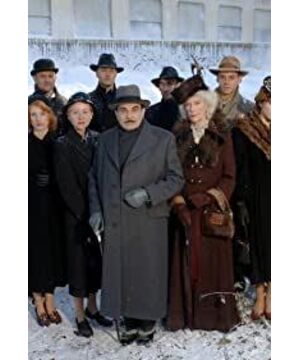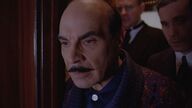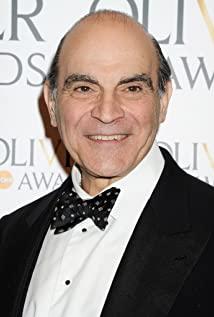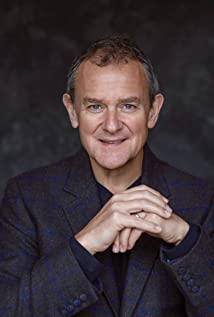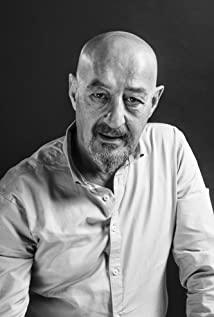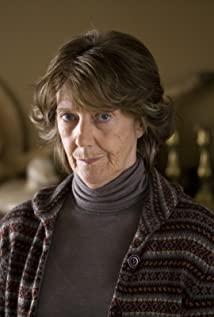Although I haven't read the original book, my wife told me that the book contains more details and is more exciting. The movie " Murder on the Orient Express " is also very well done, with a good storyline and interlocking reasoning.
What got me thinking is whether we should follow procedural justice or axiomatic justice when the film ends with the untouchable justice of the law.
I remembered that Socrates was sentenced to death by democracy. Even if he had the opportunity to escape or choose exile, he still obeyed procedural justice, even if this justice was not correct. Judging from my little experience, the masses have always been conformist, unreliable rabble. The word banal evil is the best explanation.
Privately enforce laws that seem fair and just, like in the movie, is it right for a group of people to kill a goddamn thug? Emotionally, yes, I support it. But if you look at it from the perspective of society as a whole, I really disagree. If everyone wants to be the Batman who punishes the good and promotes the evil, wouldn't society be in chaos? The heroes of ancient chivalry and righteousness look beautiful, but there is a bomb buried in the back, which will explode at some point and hurt innocent people. Because people are always unreliable, and only the system and rules, that is, the law, can be trusted.
Thinking further, if the law fails to enforce strict laws and law violations, the bad guys will be released. Do I still believe in the law? Ask yourself, I can't give a definite answer. It's like a young man who believes in the inherent goodness of human nature, but he was blackmailed when he helped up an old man who fell down. Will he still lend a helping hand to a stranger next time? It's hard to say.
Although faced with a lot of injustice and ugliness, I still prefer to believe that most people are kind, even if I was fooled by the law last time, I will choose to believe it again.
The world has become a little better because of my stubborn opinion.
View more about Murder on the Orient Express reviews


